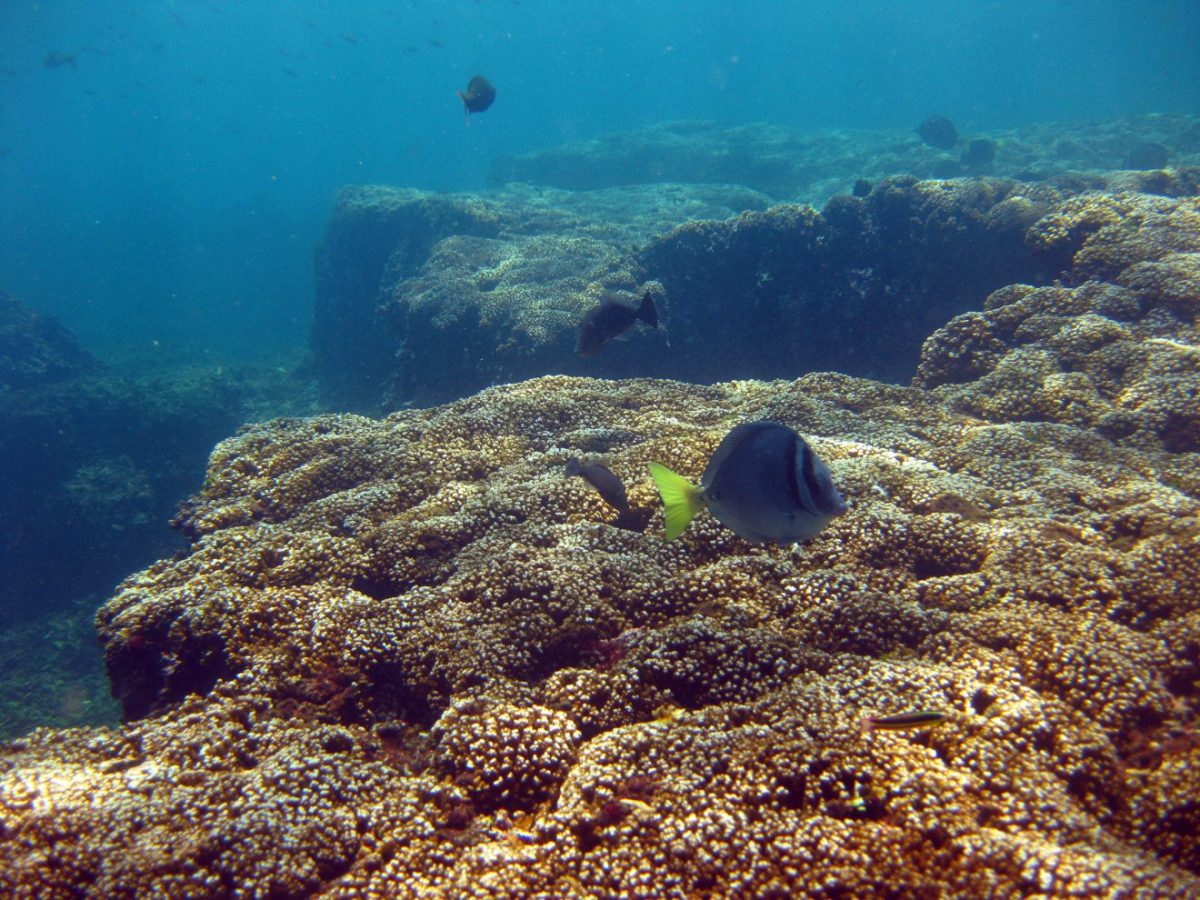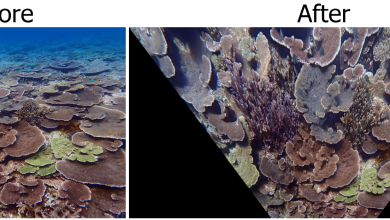Florida Tech Study Shows Tropical Reefs Grow Faster in Cooler Waters
With Climate Change, What Has Historically Hindered Growth Now Fuels It
MELBOURNE, FLA. — For thousands of years, cold waters in tropical upwelling zones have hindered the growth and survival of coral species which thrived in warm seas. Stunning new research from Florida Tech shows that corals living in cooler waters are now building reefs faster than nearby corals living in warmer waters.
As climate change continues to heat up the oceans, conditions are now becoming too hot for corals to grow and survive, jeopardizing their ability to continuously build the three-dimensional structures that protect coastlines from storms and provide shelter for marine life. Cooler waters are now helping corals survive the heat stress caused by climate change by lowering the sea temperatures and offering a much-needed reprieve from the heat.
The study, “Upwelling, climate change, and the shifting geography of reef development,” published online today in the Nature journal Scientific Reports, was led by Victor Rodriguez-Ruano, a Ph.D. candidate at Florida Tech, and his advisor Richard Aronson, Ph.D. The study is part of Rodriguez-Ruano’s doctoral research and was conducted in collaboration with colleagues at the Australian Institute of Marine Science, the United States Geological Survey and the National Oceanic and Atmospheric Administration.
Researchers used ecological surveys of coral reefs off the Pacific coast of Panamá to show that reefs exposed to strong upwelling events—when deep, cold water rises to the surface—are building the reef structure at a faster rate than reefs that do not receive the stress-relief of cool waters.
To estimate a reef’s growth potential, Rodriguez-Ruano and colleagues quantified the constructive and destructive processes that naturally occur on reefs. As corals grow, they leave behind sturdy calcium carbonate (limestone) skeletons—the main building blocks of the reef. “We used ecological surveys to estimate the number of building and eroding organisms that are present on a reef,” Rodriguez-Ruano said. “To calculate a reef’s budget, we estimated how much calcium carbonate is being produced and how much of it is being removed within a year. This lets us know whether a reef is producing enough calcium carbonate to keep growing through time, or if there is more calcium carbonate being removed than what is being produced.”
Reefs in areas of strong upwelling may be growing fast enough to keep pace with rising sea level if global greenhouse-gas emissions are cut by 50% in 2080. Other areas, however, are not even able to keep up with current rates of sea-level rise and risk getting left behind in deeper waters.
“These results are optimistic in the sense that some reefs still have a fighting chance against the effects of climate change,” Aronson said. “But we shouldn’t get distracted from the fact that temperatures are rising rapidly. Cooling from upwelling won’t help for long if we don’t cut carbon emissions.”
He concluded, “We need to increase our efforts at carbon control if we want to preserve reefs that have a fighting chance and stop the bleeding of the ones that are already being eroded away.”





